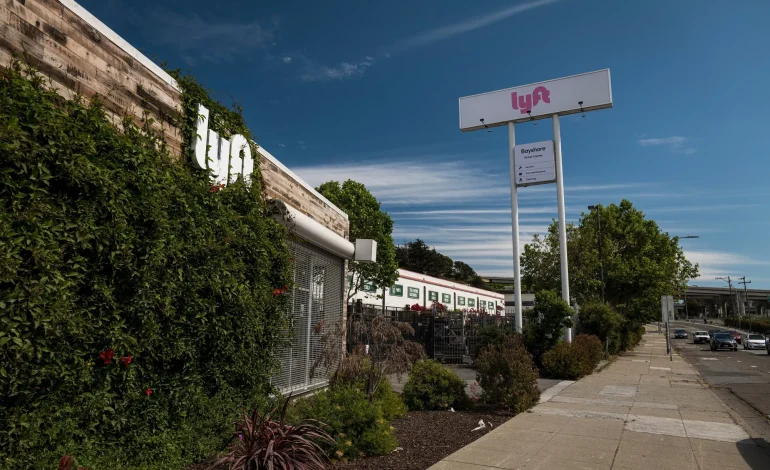Ride-hailing giant Lyft Inc. has filed a lawsuit against the city of San Francisco, alleging it was overcharged $100 million in taxes over the past five years, Bloomberg reports.
The company argues the city unfairly characterized driver payments as company revenue, leading to an inflated tax bill.
According to the lawsuit, San Francisco calculated taxes from 2019 to 2023 based on the total amount passengers paid for rides. Lyft contends this is incorrect, arguing that its revenue stems from the fees paid to Lyft by drivers, not the fares paid by riders. Lyft’s business model treats drivers as independent contractors, not employees. This is a point central to the wider debate about gig economy companies.
Lyft’s lawyers argue that the city’s method of assessing payroll, gross receipts, and homelessness taxes violates the company’s constitutional rights, forcing it to pay significantly more than its fair share. They emphasize that the U.S. Securities and Exchange Commission (SEC), as well as federal and state income tax regulations, do not consider driver compensation as part of Lyft’s revenue.
The company is seeking a refund of the overpaid amount, along with interest, penalties, and fees. Representatives for the San Francisco City Attorney’s office have yet to respond to requests for comment.
This lawsuit highlights the ongoing controversy surrounding the classification of gig workers and its impact on taxation. Lyft, along with Uber and other similar platforms, have faced numerous legal challenges regarding their use of independent contractors, spending vast sums to settle misclassification claims without reaching a comprehensive, permanent resolution. In California, drivers were deemed independent contractors through a 2020 voter-approved initiative heavily funded by these companies.
Lyft is not the first company to challenge San Francisco’s tax practices. Uber is currently contesting a $9 million tax bill in Georgia based on similar arguments, although they received a wary reception from a state appeals court. Similarly, General Motors Co. settled a lawsuit with San Francisco in February after accusing the city of unfairly taxing it $108 million based on the global revenue of GM tied to the presence of its Cruise self-driving unit.









